Author Archives: Alex Davidson
Author Archives: Alex Davidson
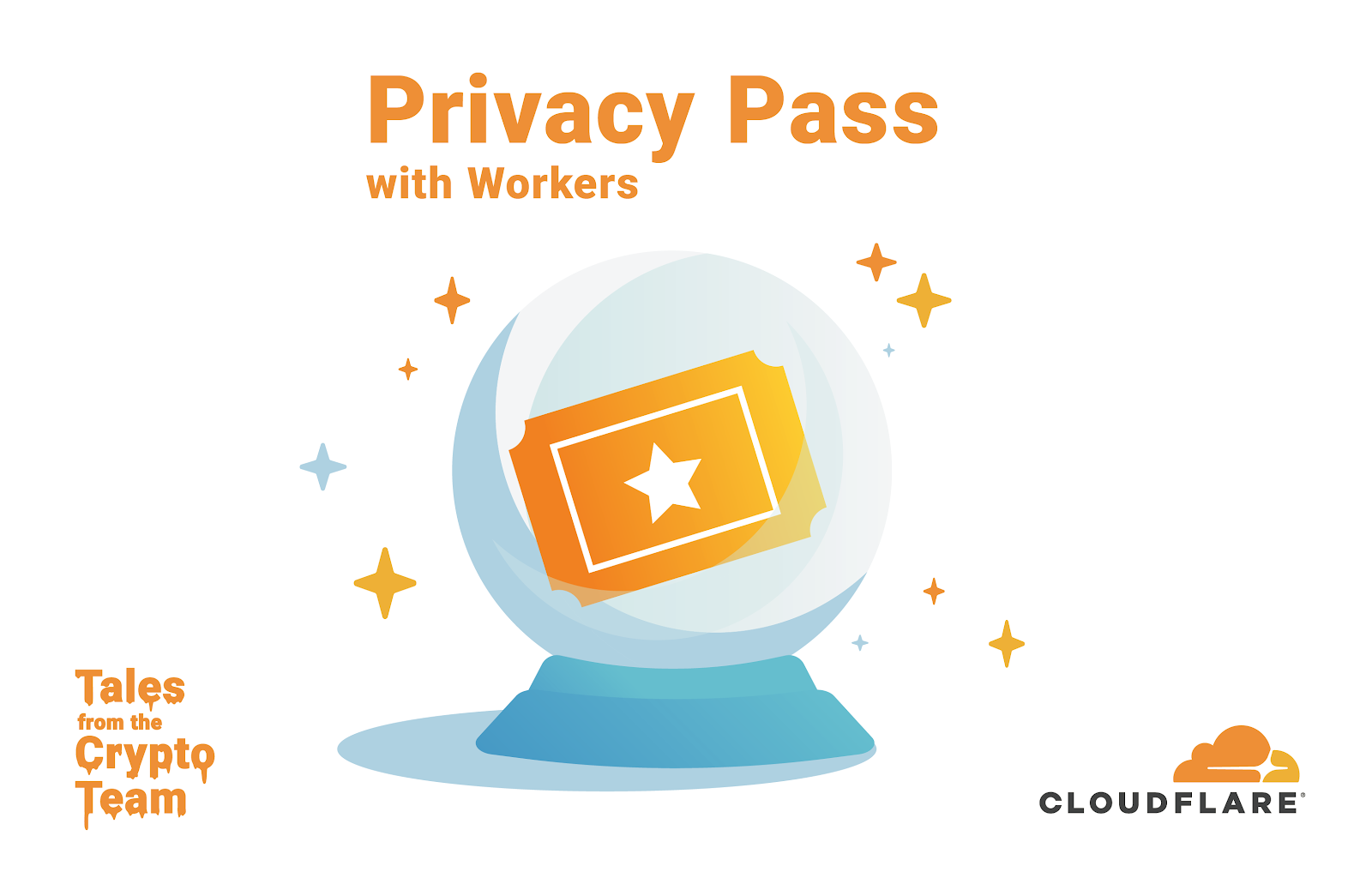
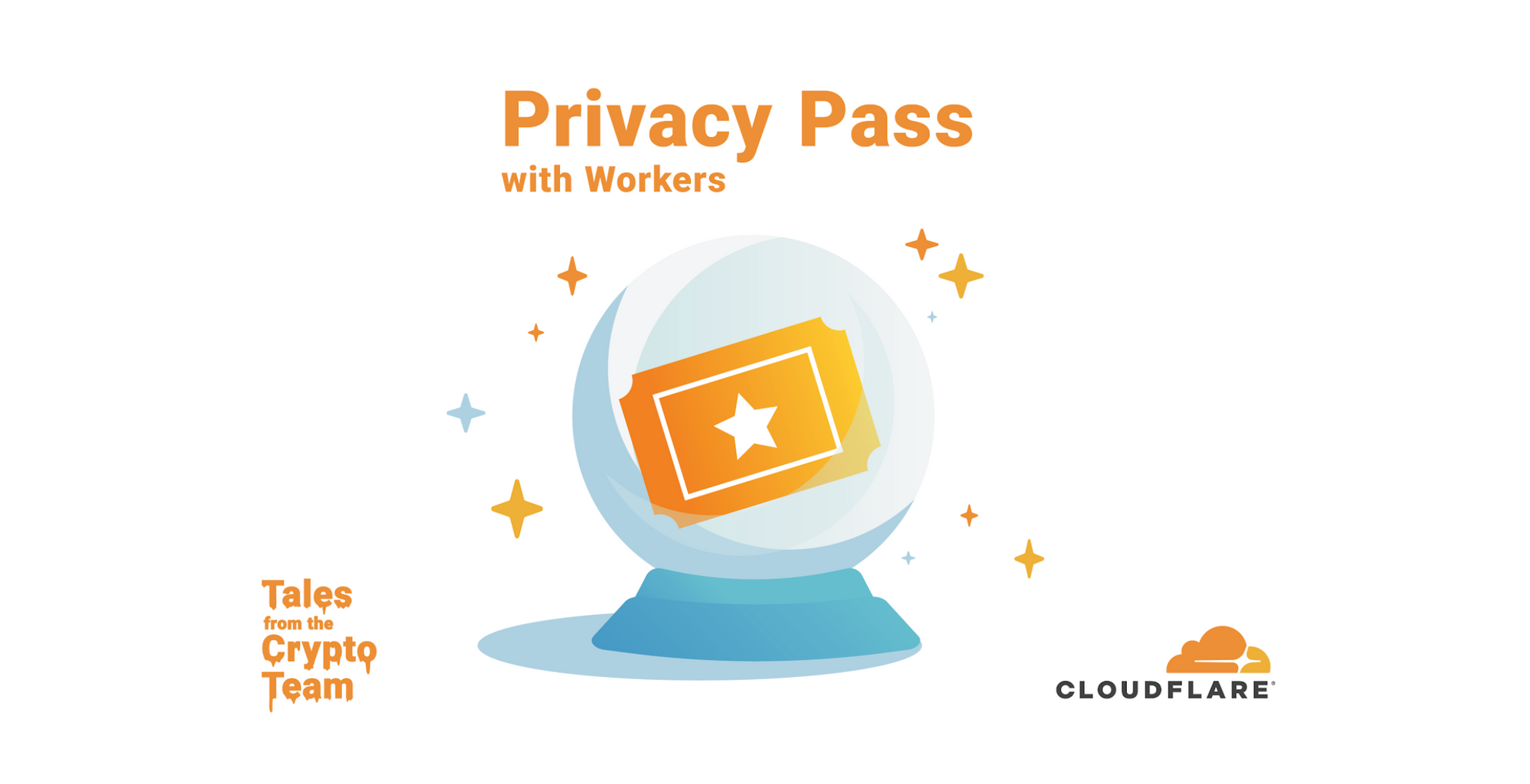
At Cloudflare, we are committed to supporting and developing new privacy-preserving technologies that benefit all Internet users. In November 2017, we announced server-side support for the Privacy Pass protocol, a piece of work developed in collaboration with the academic community. Privacy Pass, in a nutshell, allows clients to provide proof of trust without revealing where and when the trust was provided. The aim of the protocol is then to allow anyone to prove they are trusted by a server, without that server being able to track the user via the trust that was assigned.
On a technical level, Privacy Pass clients receive attestation tokens from a server, that can then be redeemed in the future. These tokens are provided when a server deems the client to be trusted; for example, after they have logged into a service or if they prove certain characteristics. The redeemed tokens are cryptographically unlinkable to the attestation originally provided by the server, and so they do not reveal anything about the client.
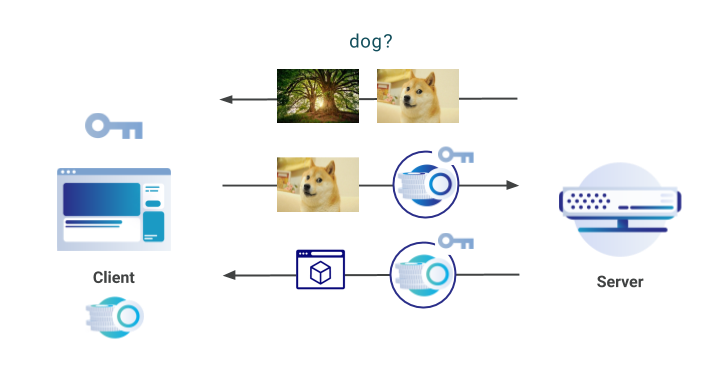
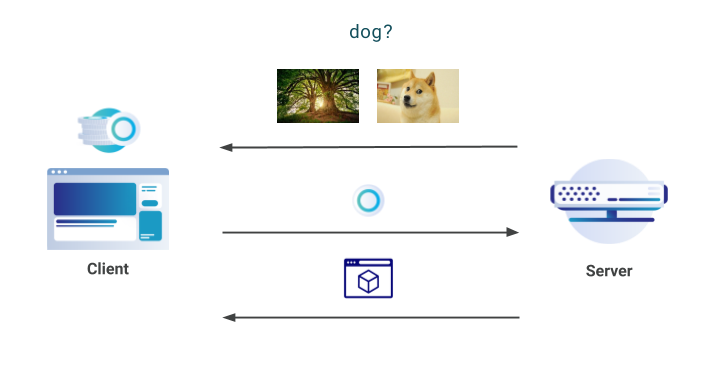
To use Privacy Pass, clients can install an open-source browser extension available in Chrome & Firefox. There have been over 150,000 individual downloads of Privacy Pass worldwide; approximately 130,000 in Chrome and Continue reading

Randomness, randomness everywhere;
Nor any verifiable entropy.
Generating random outcomes is an essential part of everyday life; from lottery drawings and constructing competitions, to performing deep cryptographic computations. To use randomness, we must have some way to 'sample' it. This requires interpreting some natural phenomenon (such as a fair dice roll) as an event that generates some random output. From a computing perspective, we interpret random outputs as bytes that we can then use in algorithms (such as drawing a lottery) to achieve the functionality that we want.
The sampling of randomness securely and efficiently is a critical component of all modern computing systems. For example, nearly all public-key cryptography relies on the fact that algorithms can be seeded with bytes generated from genuinely random outcomes.
In scientific experiments, a random sampling of results is necessary to ensure that data collection measurements are not skewed. Until now, generating random outputs in a way that we can verify that they are indeed random has been very difficult; typically involving taking a variety of statistical measurements.

During Crypto week, Cloudflare is releasing a new public randomness beacon as part of the launch of the League of Entropy. The League of Entropy is Continue reading
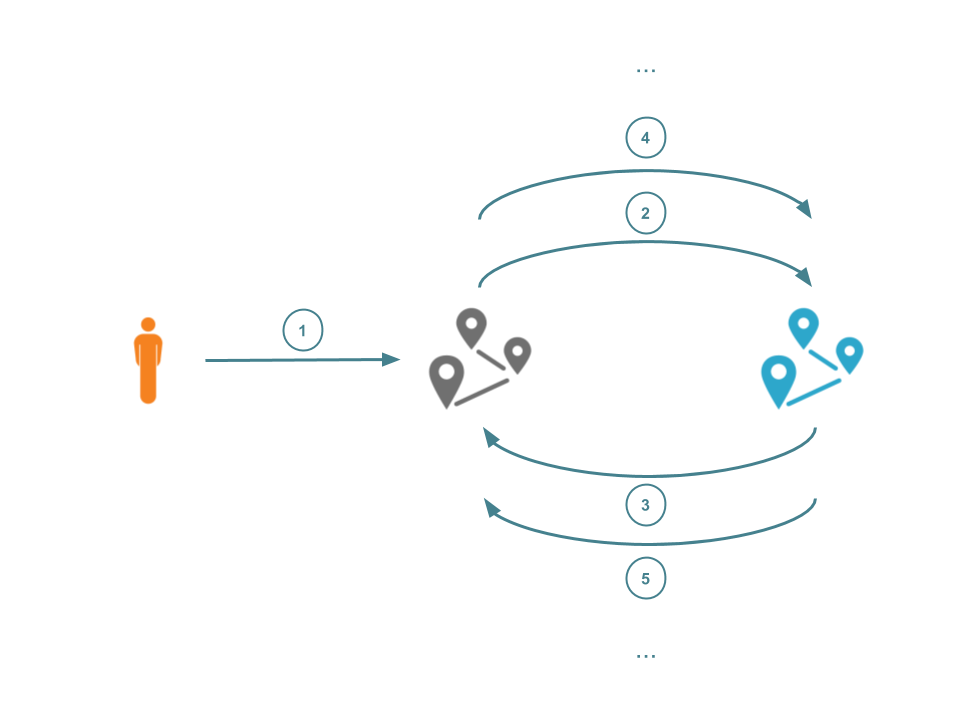
HTTP requests typically originate with a client, and end at a web server that processes the request and returns some response. Such requests may pass through multiple proxies before they arrive at the requested resource. If one of these proxies is configured badly (for instance, back to a proxy that had already processed it) then the request may be caught in a loop.
Request loops, accidental or malicious, can consume resources and degrade user's Internet performance. Such loops can even be observed at the CDN-level. Such a wide-scale attack would affect all customers of that CDN. It's been over three years since Cloudflare acknowledged the power of such non-compliant or malicious request loops. The proposed solution in that blog post was quickly found to be flawed and loop protection has since been implemented in an ad-hoc manner that is specific to each individual provider. This lack of cohesion and co-operation has led to a fragmented set of protection mechanisms.
We are finally happy to report that a recent collaboration between multiple CDN providers (including Cloudflare) has led to a new mechanism for loop protection. This now runs at the Cloudflare edge and is compliant with other CDNs, allowing us to Continue reading

This is a guest post by Alex Davidson, a PhD student in Cryptography at Royal Holloway, University of London, who is part of the team that developed Privacy Pass. Alex worked at Cloudflare for the summer on deploying Privacy Pass on the Cloudflare network.
During a recent internship at Cloudflare, I had the chance to help integrate support for improving the accessibility of websites that are protected by the Cloudflare edge network. Specifically, I helped develop an open-source browser extension named ‘Privacy Pass’ and added support for the Privacy Pass protocol within Cloudflare infrastructure. Currently, Privacy Pass works with the Cloudflare edge to help honest users to reduce the number of Cloudflare CAPTCHA pages that they see when browsing the web. However, the operation of Privacy Pass is not limited to the Cloudflare use-case and we envisage that it has applications over a wider and more diverse range of applications as support grows.
In summary, this browser extension allows a user to generate cryptographically ‘blinded’ tokens that can then be signed by supporting servers following some receipt of authenticity (e.g. a CAPTCHA solution). The browser extension can then use these tokens to ‘prove’ honesty in future communications with the Continue reading